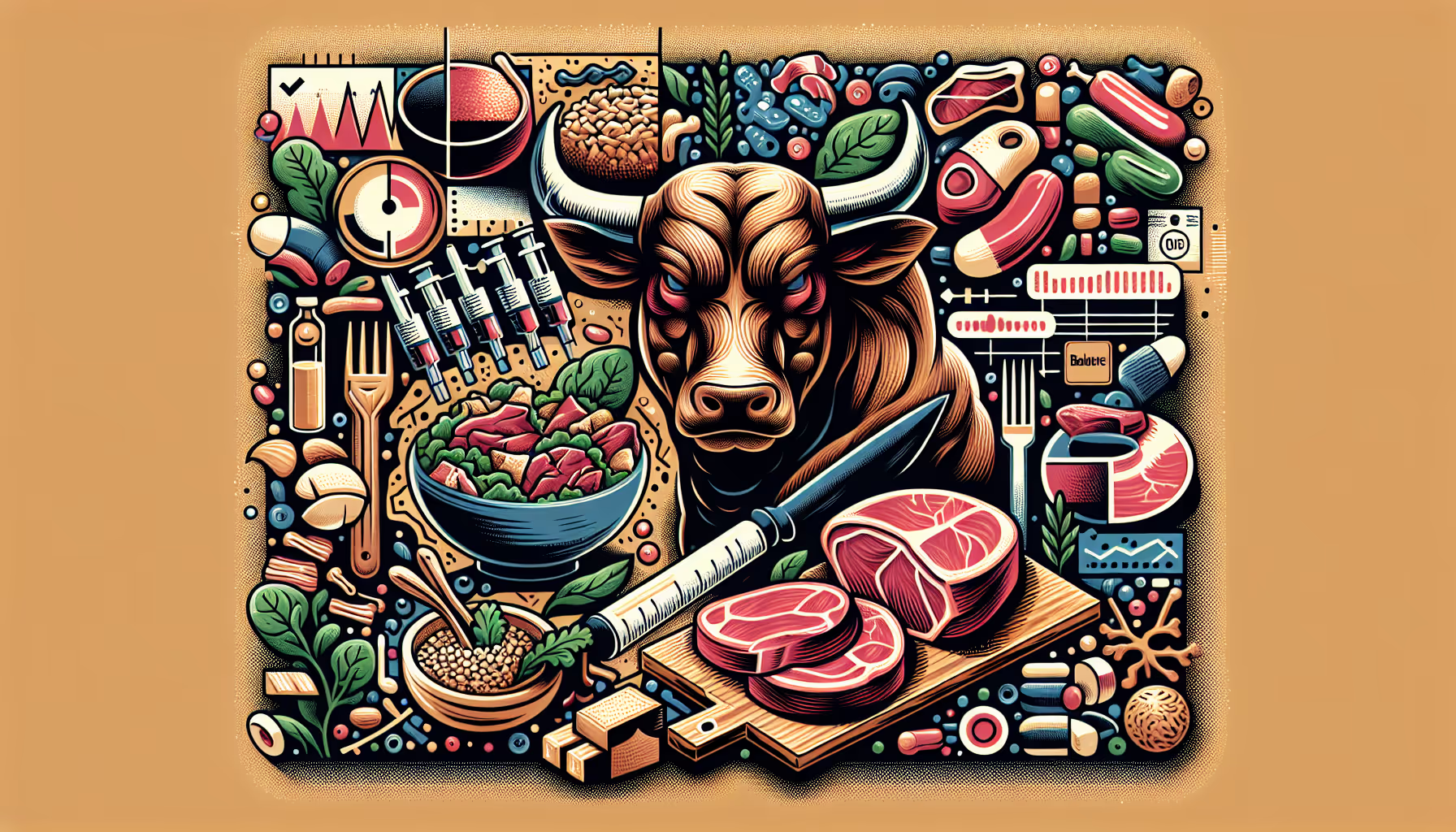The carnivore diet stands out in the world of dietary trends for its exclusive focus on meat and animal products, sparking curiosity and debate. As this diet gains traction, it's essential to delve into its complexities, weighing both its potential benefits and drawbacks. This exploration will provide clarity for those considering the diet or simply wanting to understand its fundamentals.
Understanding the carnivore diet requires a close look at its core premise: a diet consisting solely of animal products. Followers consume meat, fish, eggs, and some low-lactose dairy products, eliminating all plant-based foods. The diet's zero-carb approach sets it apart from other low-carb diets like keto and paleo, which still incorporate some plant foods.
Proponents of the carnivore diet argue that it mirrors the eating habits of human ancestors, suggesting that a return to a meat-only diet could address modern health issues. For instance, a survey conducted among followers of this diet revealed that 85% reported improvements in mental clarity and mood stability (Healthline, 2023). However, these claims remain largely anecdotal, as scientific research on the diet's long-term effects is limited.
The resurgence of the carnivore diet is largely attributed to Shawn Baker, an American orthopedic doctor, who has championed this all-meat lifestyle. Despite the lack of scientific backing, Baker's promotion has attracted many followers, some of whom share personal testimonials of health improvements. However, it's important to approach such a restrictive diet with caution, considering its potential impacts.
One of the compelling aspects of the carnivore diet is its simplicity. For those overwhelmed by the complexities of balancing different food groups, the carnivore diet offers a straightforward approach: eat meat. This simplicity, coupled with promises of quick weight loss and other health benefits, has drawn a diverse array of followers, from fitness enthusiasts to those dealing with chronic health conditions.
Despite these potential benefits, the diet's extreme restrictiveness poses significant challenges. The complete omission of plant-based foods means missing out on essential nutrients like fiber, vitamins, and antioxidants, which can lead to nutritional deficiencies and digestive issues. Moreover, the high intake of saturated fats and cholesterol from animal products raises concerns about heart health. While some studies suggest that saturated fats may not be as harmful as once thought, the long-term effects of consuming such high levels of these fats remain unclear.
In conclusion, while the carnivore diet may offer some benefits, such as potential weight loss and reduced cravings for unhealthy snacks, it is crucial to consider the broader impact on overall health. A more balanced diet that includes a variety of nutrient-dense foods is likely to be more sustainable and beneficial in the long term. For those interested in exploring other dietary options, understanding the Ketogenic Diet or the Mediterranean Keto Diet might offer more sustainable alternatives.
References
Healthline. (2023). The Carnivore Diet: Is It Healthy and What Do You Eat? Retrieved from https://www.healthline.com/nutrition/carnivore-diet






